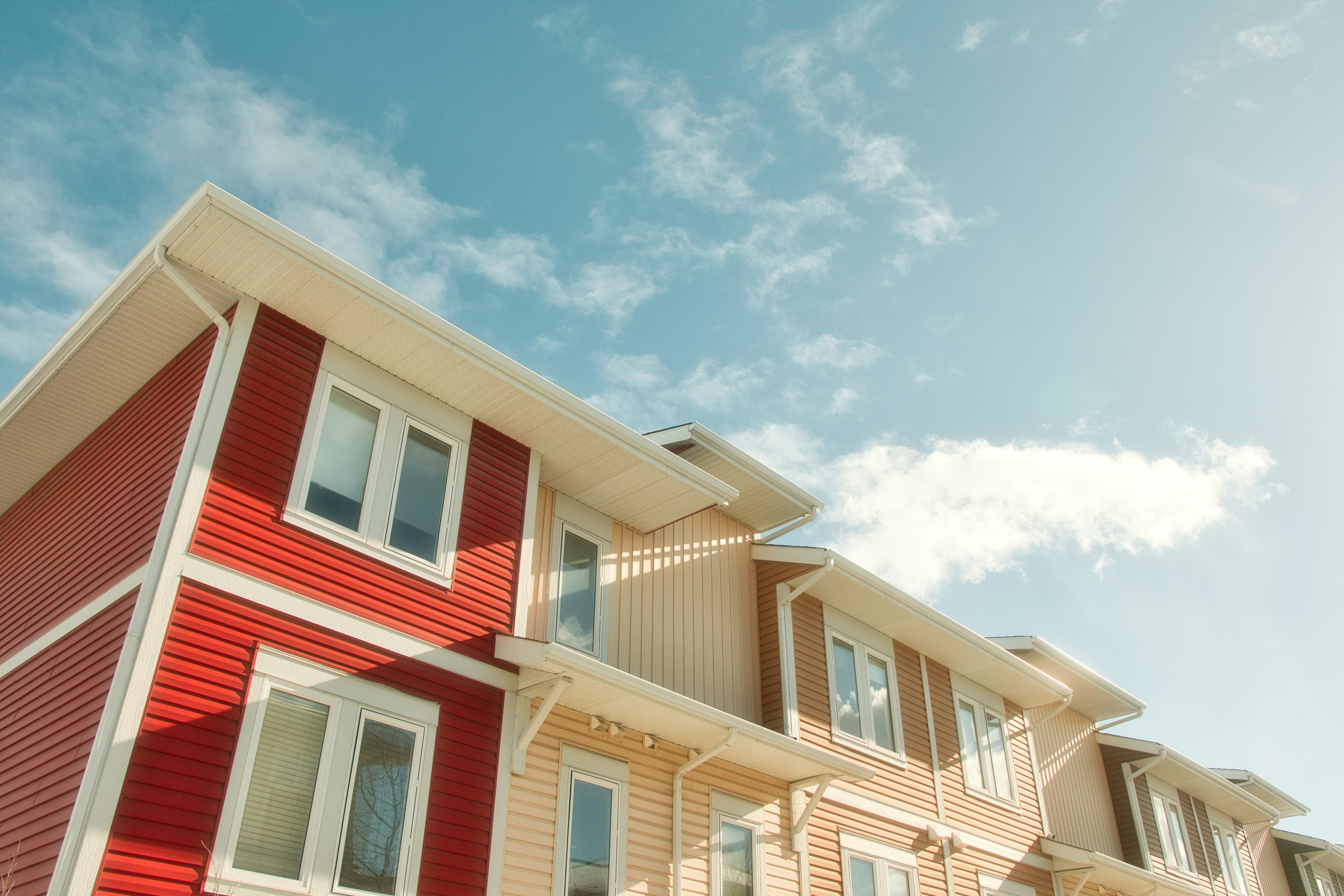
The real estate market has been undergoing significant changes in recent years, driven by advancements in technology and shifts in consumer preferences. Among the most notable changes is the rise of smart homes, a trend that is reshaping how people live and interact with their living spaces. Alongside this innovation, other key real estate trends are emerging, signaling a new era in property development and homeownership. This article explores the growth of smart homes and other top trends currently shaping the real estate industry.
The Emergence of Smart Homes
A smart home is one that incorporates technology to enhance the comfort, convenience, and security of its inhabitants. From voice-controlled devices like Amazon Alexa and Google Assistant to advanced systems that control lighting, heating, and security, smart homes are revolutionizing how people manage their living spaces. According to recent studies, the global smart home market is expected to reach over $80 billion by 2025, reflecting the growing demand for interconnected devices and home automation systems.
One of the driving factors behind the rise of smart homes is the increasing desire for convenience. Homeowners now have the ability to control their entire home remotely through their smartphones, whether it’s adjusting the thermostat, locking doors, or even starting the coffee machine. Additionally, smart home technology can help homeowners save energy by optimizing the use of heating, cooling, and lighting systems. This not only results in cost savings but also contributes to sustainability efforts, making it an attractive option for eco-conscious buyers.
Integration of Sustainable Practices in Real Estate
Sustainability has become a key focus in the real estate industry, with both builders and buyers placing greater emphasis on eco-friendly and energy-efficient homes. This shift is partly driven by growing concerns about climate change and the need for more responsible use of resources. Green building practices, such as the use of renewable materials, energy-efficient appliances, and solar panels, are now becoming standard in new developments.
In response to this demand, real estate developers are incorporating sustainability into their designs, aiming to reduce the environmental impact of construction while offering homeowners homes that are not only energy-efficient but also healthier to live in. This trend is expected to continue as more people recognize the long-term benefits of eco-friendly homes, both in terms of energy savings and environmental responsibility.
Remote Work and Suburban Relocation
The COVID-19 pandemic fundamentally changed how people approach work and home life. With remote work becoming the norm for many, there has been a noticeable shift away from urban centers to suburban and rural areas. People are seeking larger homes with more space for home offices, outdoor areas for recreation, and less crowded environments. This trend is driving an increase in suburban real estate demand as buyers look for properties that offer more room to accommodate their new lifestyles.
In addition to the desire for more space, suburban homes are often more affordable than properties in city centers, making them an attractive option for those looking to maximize their investment. Real estate agents have reported a surge in interest from buyers moving away from expensive metropolitan areas in favor of quieter, more spacious locations. This shift is reshaping the housing market, as suburban areas are seeing an uptick in new construction and renovations to meet this demand.
The Future of Urban Living: Mixed-Use Developments
As cities continue to grow, developers are increasingly turning to mixed-use developments to address the evolving needs of urban dwellers. Mixed-use buildings combine residential, commercial, and recreational spaces within a single complex, creating a self-sustaining environment where residents can live, work, and play without needing to leave the building or neighborhood. This concept is becoming more popular as people seek more convenience and a sense of community in their living spaces.
Mixed-use developments are particularly appealing in cities where space is limited, allowing developers to maximize land use while offering diverse amenities to residents. In addition to providing easy access to shops, restaurants, and offices, these developments often include parks, gyms, and cultural spaces, fostering a vibrant, all-inclusive community. As urban populations continue to rise, mixed-use developments are likely to play a significant role in shaping the future of city living.
The Impact of Technology on Real Estate Transactions
The real estate industry is also being transformed by the digitalization of property transactions. Online platforms and real estate apps have made it easier for buyers, sellers, and renters to connect, research properties, and complete transactions. Virtual tours, 3D walkthroughs, and digital closings have become commonplace, especially during the pandemic, allowing buyers to explore homes remotely and make informed decisions without stepping foot inside a property.
This trend is making real estate transactions more efficient, transparent, and accessible to a wider audience. Buyers can now access listings, compare prices, and even secure financing entirely online. As technology continues to evolve, it’s likely that the process of buying and selling homes will become even more streamlined, offering greater convenience for all parties involved.
The rise of smart homes and other emerging real estate trends signals a major shift in the housing market. With advancements in technology, a focus on sustainability, and changing lifestyle preferences, the way people live and interact with their homes is evolving rapidly. Whether it’s the integration of smart devices, the move toward greener buildings, or the increasing popularity of suburban living, these trends are reshaping the future of real estate. As we look ahead, it’s clear that the real estate market will continue to innovate, offering new opportunities and challenges for both buyers and developers alike.